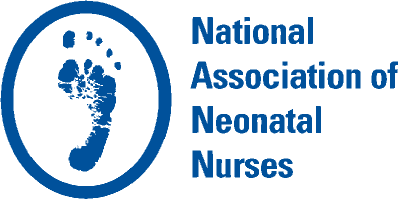2016 Small Grants Winner
Britt Frisk Pados, PhD RN NNP-BC
University of North Carolina at Chapel Hill, School of Nursing
Assessment of the Psychometric Properties of the Neonatal Eating Assessment Tool (Neo-EAT)
At what institute are you currently conducting your research?
I am currently conducting this research project through the University of North Carolina at Chapel Hill, but we will be recruiting a national (and potentially international) sample of participants for this study using an online survey.
What is the main focus of your research?
My research has focused on oral feeding in infants, particularly those born preterm or with congenital heart disease. This study will test the psychometric properties of a new tool for assessing feeding in infants less than 6 months old – the Neonatal Eating Assessment Tool (Neo-EAT). We have developed the Neo-EAT and now we will test it with a large sample of parents of infants less than 6 months. The purpose of this study is to make sure that it is reliable and to reduce the number of questions on the tool by identifying which questions provide the most valuable information.
How did receiving the NANN Research Institute’s Small Grants Award positively impact your career?
It is an honor to receive this award from NANN. I finished my PhD last year and am just at the beginning of my research career. Funding is so hard to come by, so this award is really important for helping to get my research career going. My hope is that this funding will allow me to complete the Neo-EAT, so that I can propose to use it for future studies of feeding in young infants.
Why is your work important and how does it advance the field of neonatal nursing?
Feeding is one of the most complex tasks required of young infants and difficulty with feeding is extremely common in infants hospitalized in the NICU. Although many infants establish oral feedings for discharge, difficulty with feeding often continues in the months (and years) after NICU discharge. Appropriate nutrition is critical during the first two years of life when the brain is growing rapidly, especially for infants at risk for neurodevelopmental delay. At present, there are no valid and reliable parent-report tools for assessing feeding after hospital discharge. The Neo-EAT will provide a method for healthcare providers to assess feeding using parental report, which does not require specialized training. This will hopefully help to identify infants in need of assessment and treatment by a feeding specialist earlier, so that nutrition can be optimized for neurodevelopment and long-term feeding problems can be prevented.
In what ways does NANN membership add value to your professional development?
NANN was the first professional society that I joined as a newly graduated nurse starting in the NICU. Throughout my career, NANN has provided the educational and professional resources that I have needed to grow as a nurse, then later as a Neonatal Nurse Practitioner through NANNP. As an organization, NANN is at the front lines of advocating for our smallest, most vulnerable patients, and providing the education and resources for nurses to deliver exceptional care to babies and their families. I always enjoy reading the newest literature in Advances in Neonatal Care and refer to the NANN website regularly for their position statements and resources. I have also had the pleasure of participating in the NANN Research Summit, which was an exceptional couple of days of being surrounded by people who care tremendously about providing the very best care to babies.
